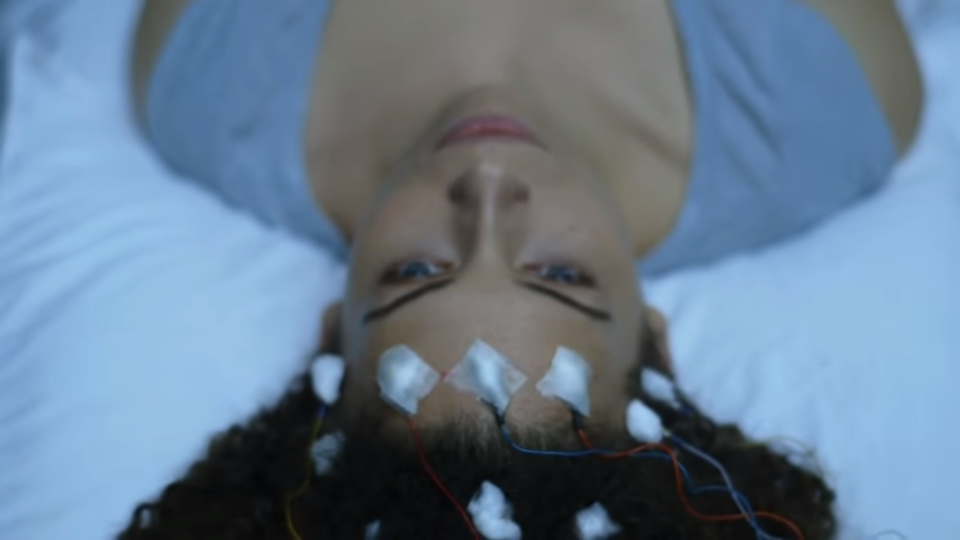The new documentary about chronic fatigue syndrome, also known as myalgic encephalomyelitis (ME) or systemic exertion intolerance disease (SEID), is working to ensure that those who suffer from this condition will also be able to view the film. Unrest, created by filmmaker Jennifer Brea, who has ME/SEID herself, insisted that the film’s distribution include a way for homebound viewers to participate.
“While I was making Unrest,” Brea explained, “I connected online with countless others who have this disease, and there were times when, by connecting and coming together virtually, we quite literally saved each other’s lives. It was crucial to me to give them and their caregivers access to watch the film as soon as possible, even if they could not leave their beds or their homes.”
Homebound viewers will be able watch the film in virtual screenings over the platform OVEE, many of which will also allow the audience to participate in virtual panel discussions and Q&A sessions. These screenings are ticketed events which run at approximately the same showtimes as theatrical screenings, and they’re also localized. Digital attendees have to live within 100 miles of the theatrical release, and the post-viewing chat rooms will accept up to 100 viewers.
The filmmaking team hopes that these discussions will enable patients who feel alone – who may never otherwise meet anyone else with chronic fatigue syndrome – to chat with and empathize with each other.
“It hasn’t been the path of least resistance in this industry,” Brea said, “but we’ve found ways to emphasize inclusivity. We want our audiences to feel connected by this film.”
Brea’s distribution model pushes back against the film industry’s typical treatment of anyone with a chronic medical condition. In many documentaries and films, they’re there to be observed and pitied by an able-bodied viewer; they’re not active agents in their own stories, and they’re not treated as a core, target audience for the film.
And, sure, there’s plenty to admire in raising awareness about underfunded or under-researched conditions. After all, the world is designed for the healthy and able-bodied, so we’re often the ones who need to be reminded to be more inclusive, because we’re the ones who can forget whether restaurants have wheelchair ramps, or what treatments are covered by a standard insurance policy.
But documentaries can serve many purposes, and it’s crucial that documentaries about the reality of living with diseases or disabilities aren’t always treated as awareness-raising exercises for an able-bodied audience. They should also provide cathartic, affirming, and relatable content for the people that they’re about. Just as women and people of color deserve to have films that are written not only about, but for them, so too do people with chronic fatigue syndrome/ME/SEID.
I particularly love that Brea set up these screenings so they feel communal. One of the only extra joys that watching a film in a theater, rather than in your home, can bring is the communal element. For example, I am a massive wimp about horror movies and would never watch one on my own, but they’re undeniably more fun in a theater, where you can feel everyone else react and jump the same way you do. That joy is tripled when the screening brings marginalized people together for content geared toward them, like the women-only screenings of Wonder Woman, or the all-black screenings of Dear White People. I hope that these homebound screenings of Unrest can bring those with ME/SEID some of that same sense of community.
In sum, I’m so happy and moved that Brea made this extra effort – and I hope that many filmmakers follow her example in prioritizing accessibility.
(Via Deadline; image via screengrab)
Want more stories like this? Become a subscriber and support the site!
—The Mary Sue has a strict comment policy that forbids, but is not limited to, personal insults toward anyone, hate speech, and trolling.—









Published: Sep 30, 2017 05:05 pm